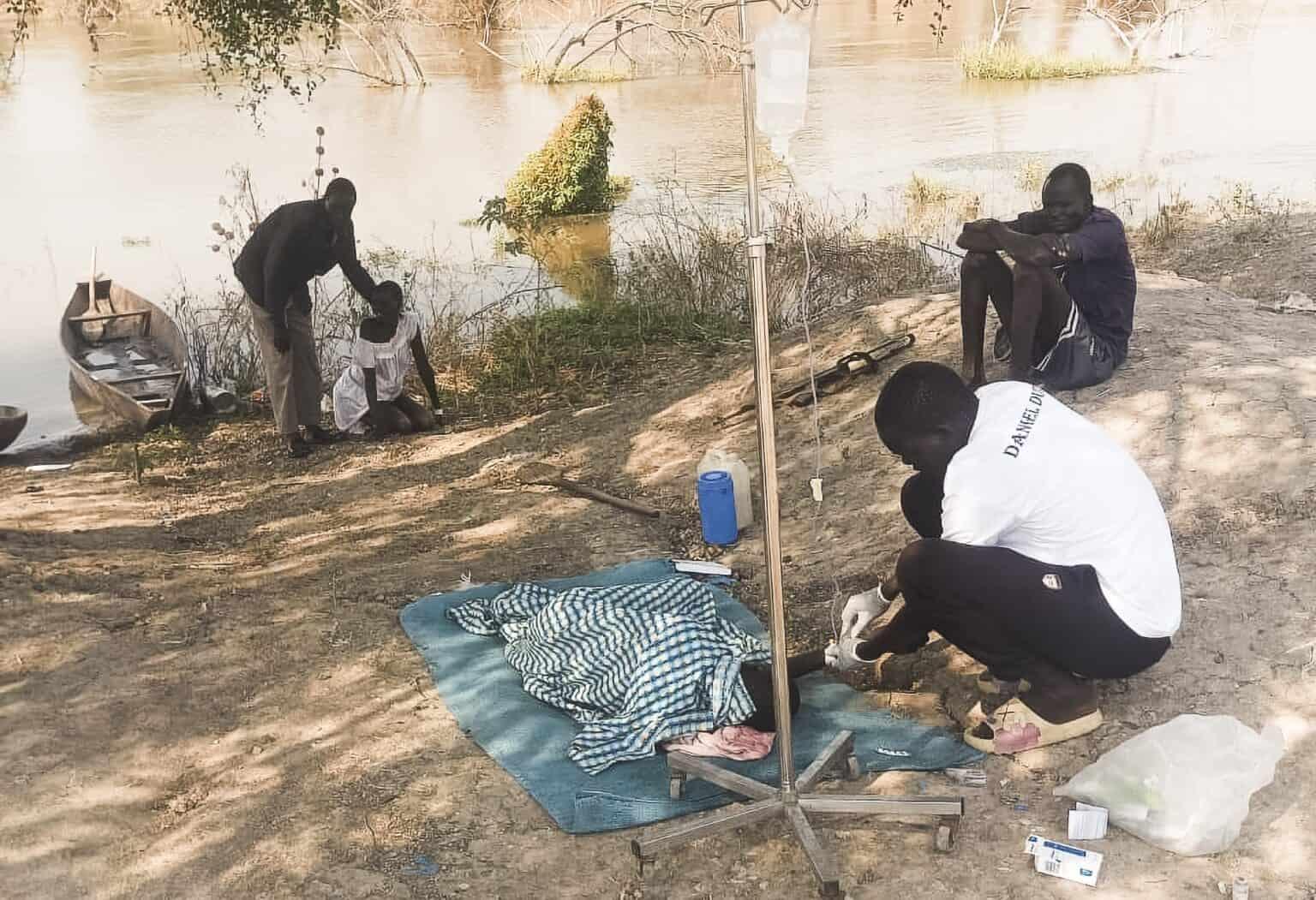Africa-Press – South-Sudan. The Ministry of Health is deploying rapid response teams to cholera hotspot areas, including Rubkona and Abyei Administrative Area, according to Health Minister Sarah Cleto Rial.
This comes as the National Steering Committee, convened by the Ministry on Thursday, approved several enhanced measures to strengthen South Sudan’s cholera response as the country continues to battle the outbreak.
The meeting on Thursday, attended by key health partners, aimed to implement urgent strategies to reduce the cholera case fatality rate (CFR) and contain transmission during the peak of the rainy season.
Since the outbreak began on September 28, 2024, a total of 76,920 cholera cases and 1,386 deaths have been reported across 54 counties in 9 states and the three administrative areas.
While 96% of patients (73,548) have recovered and been discharged, 1,986 cases remain under treatment. The national cholera fatality rate stands at 1.8%, exceeding the target of less than 1%.
In the past week (June 19–25, 2025), 892 new cases and six deaths were reported in 15 counties, with Rubkona and Abyei accounting for 48% and 17% of these cases, respectively.
Western Equatoria State continues to report zero cholera cases across all 10 counties, a result attributed to early water quality interventions and strong community engagement.
To address the latest trends, the Steering Committee approved the following enhanced measures:
These include mobile treatment units in high-burden areas, improved water safety, cross-border coordination, and expanded community engagement to lower the case fatality rate.
Health Minister Sarah Cleto Rial acknowledged the 96% treatment success rate as a sign of resilience in the health system, but stressed that the increased fatality rate demands immediate attention.
She added that the Ministry and health partners are deploying rapid response teams to transmission hotspots while ensuring vigilance in regions that remain unaffected.
“While our 96% treatment success rate demonstrates system resilience, the 1.8% CFR requires urgent action. We’re deploying rapid response teams to transmission hotspots while maintaining vigilance in unaffected regions,” she said.
Partners, including the WHO, UNICEF South Sudan, and Médecins Sans Frontières (MSF), have reaffirmed their commitment to supporting case management and maintaining a robust response throughout the height of the rainy season.
For More News And Analysis About South-Sudan Follow Africa-Press






